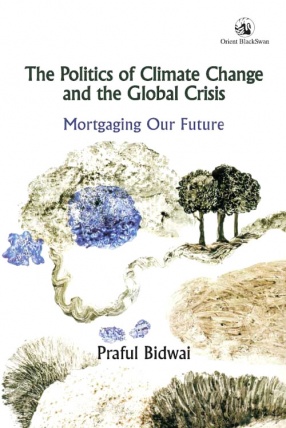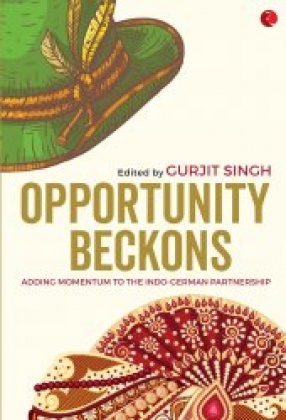The Politics of Climate Change and the Global Crisis: Mortgaging Our Future
Irreversible, catastrophic climate change represents the greatest threat to human kind's survival today. Relentlessly rising greenhouse gas emissions are heating up the atmosphere. Planet Earth is hurtling towards disaster, with rapidly melting ice-caps and glaciers, rising sea levels, rainfall pattern changes, and a breakdown of fragile climate balances.
The earth can cope with maximum global warming of 1.5-2 degree C. But temperatures are set to rise way beyond this-unless greenhouse emissions are drastically reduced by 2020.Yet1 the world has failed to reach agreement on this. Industrialized countries, which are primarily responsible for climate change, balk at cutting their emissions. They continue to occupy climate space at the expense of the developing countries' climate-vulnerable poor people. Equally unfairly, their emissions-reduction pledges are lower than the poor countries’.
The climate crisis thus aggravates the global developmental crisis. It is also intimately linked through the prevalent iniquitous development model to grave economic, social and political crises in evidence globally.
This unique book has a dual focus: impacts of climate change, and the politics of the international climate negotiations; and second, India as an example of an 'emerging economy' major polluter, which can potentially both aid or obstruct the fight against climate change. It analyses the role of the new BASIC (Brazil, South Africa, India, China) grouping and the short-term calculations of other major players in the climate talks.
Yet, there are alternatives to this dismal situation, based on equity, resource conservation, curbs on luxury consumption, promotion of renewable energy and new patterns of production and consumption, which sustain low-carbon development. What the global effort lacks is candid acknowledgement of the need for a qualitative change in the growth model and the will to bring it about through democratic popular participation.
Get it now and save 10%
BECOME A MEMBER










Bibliographic information